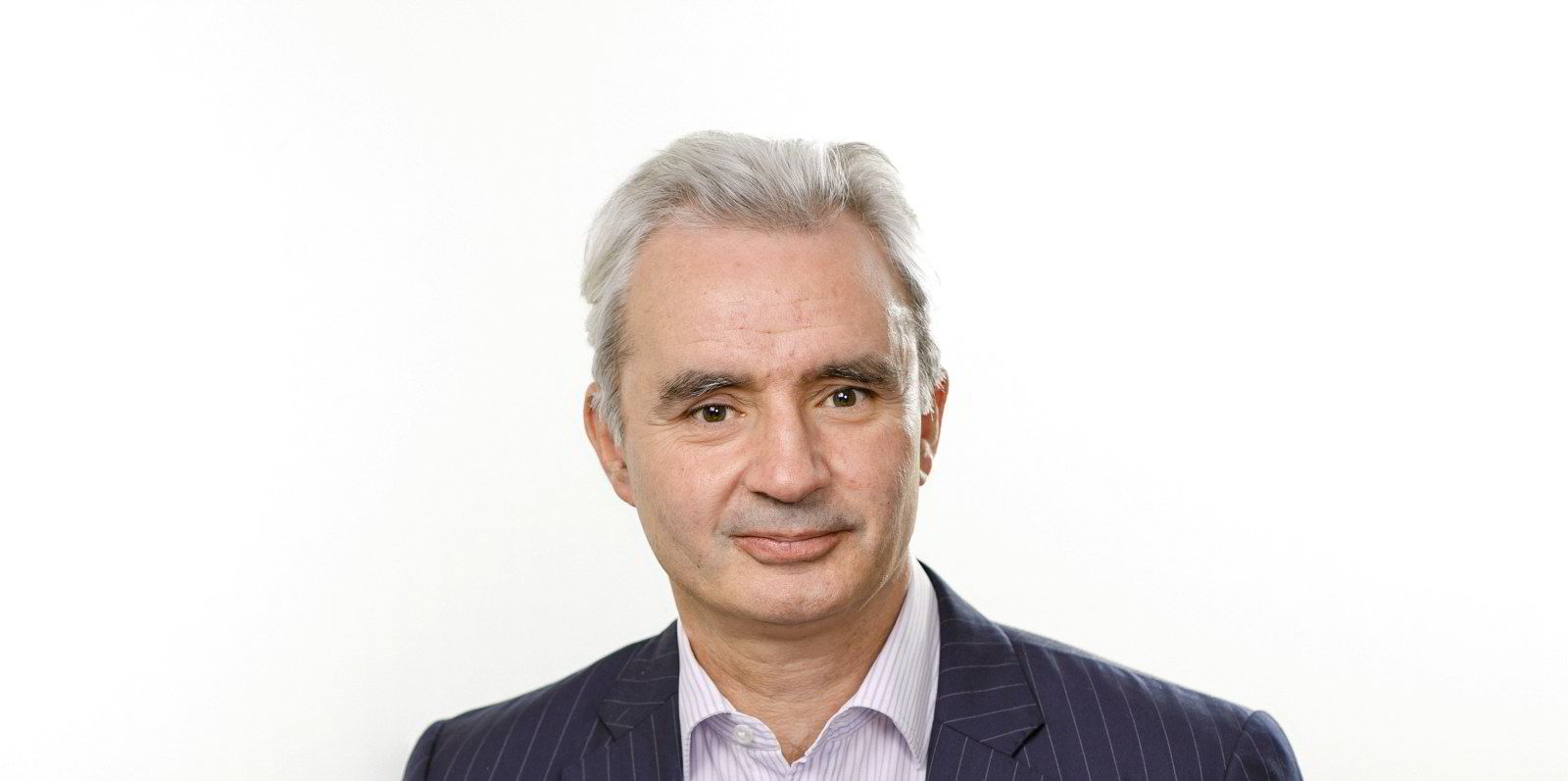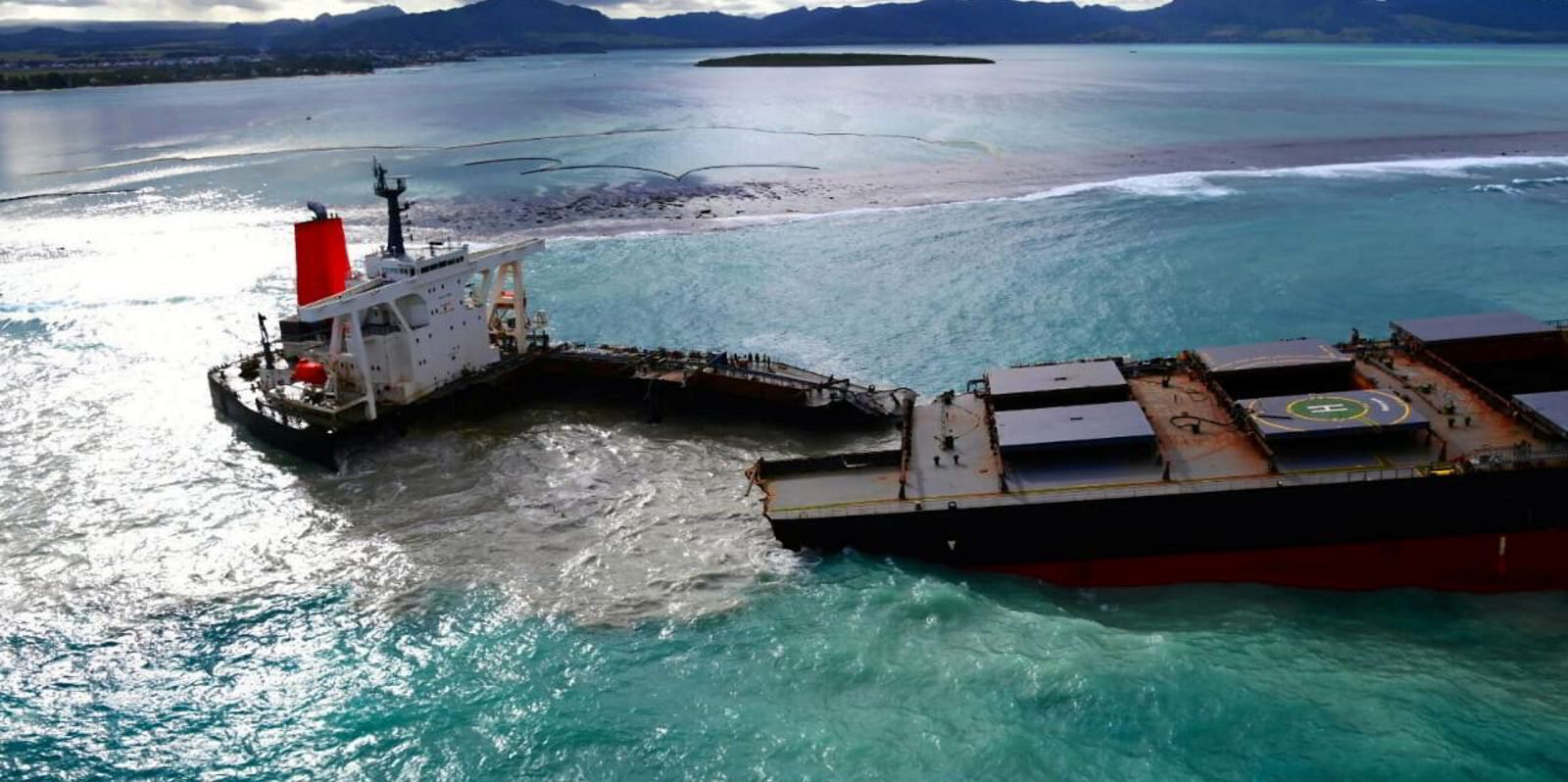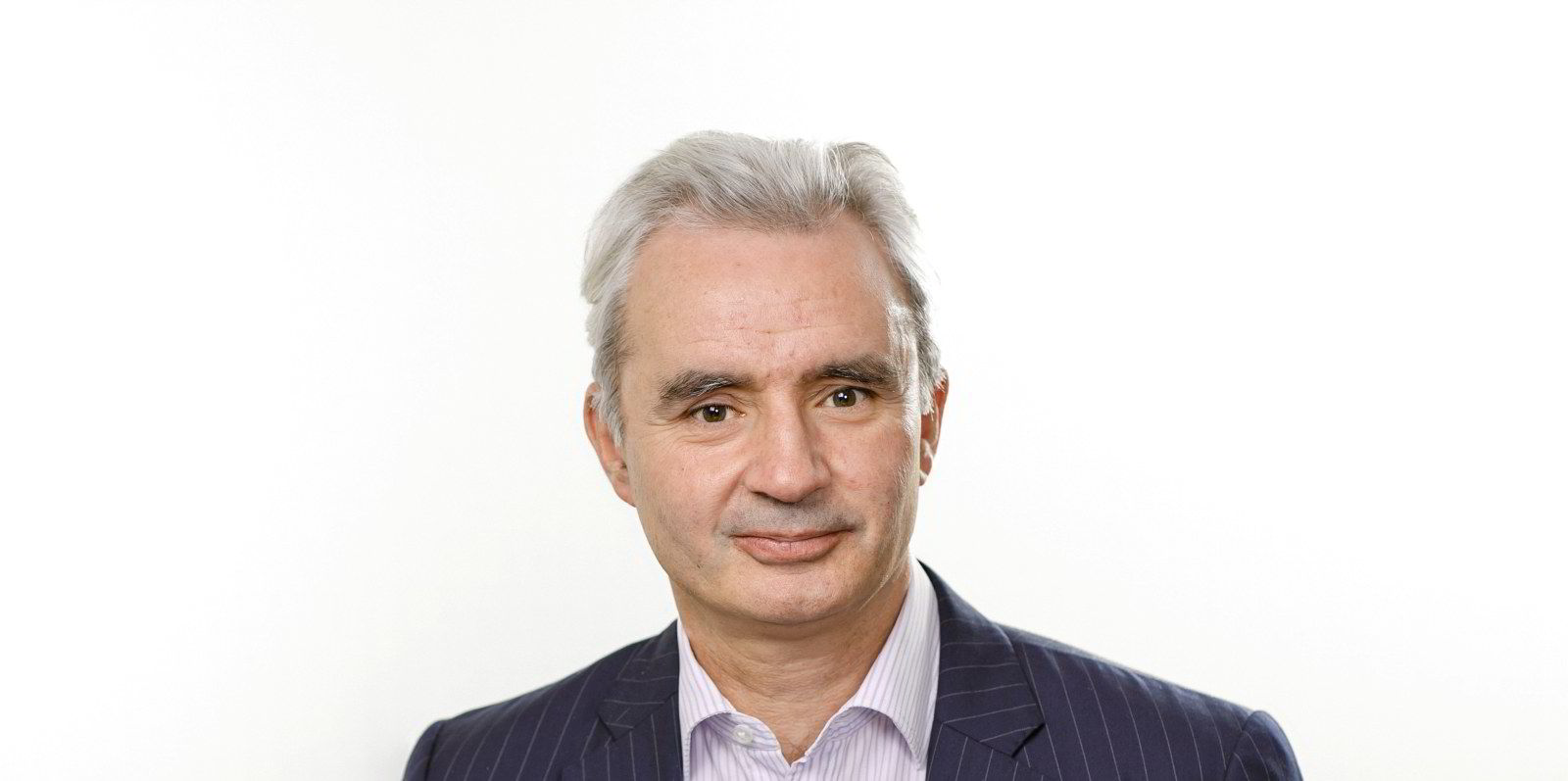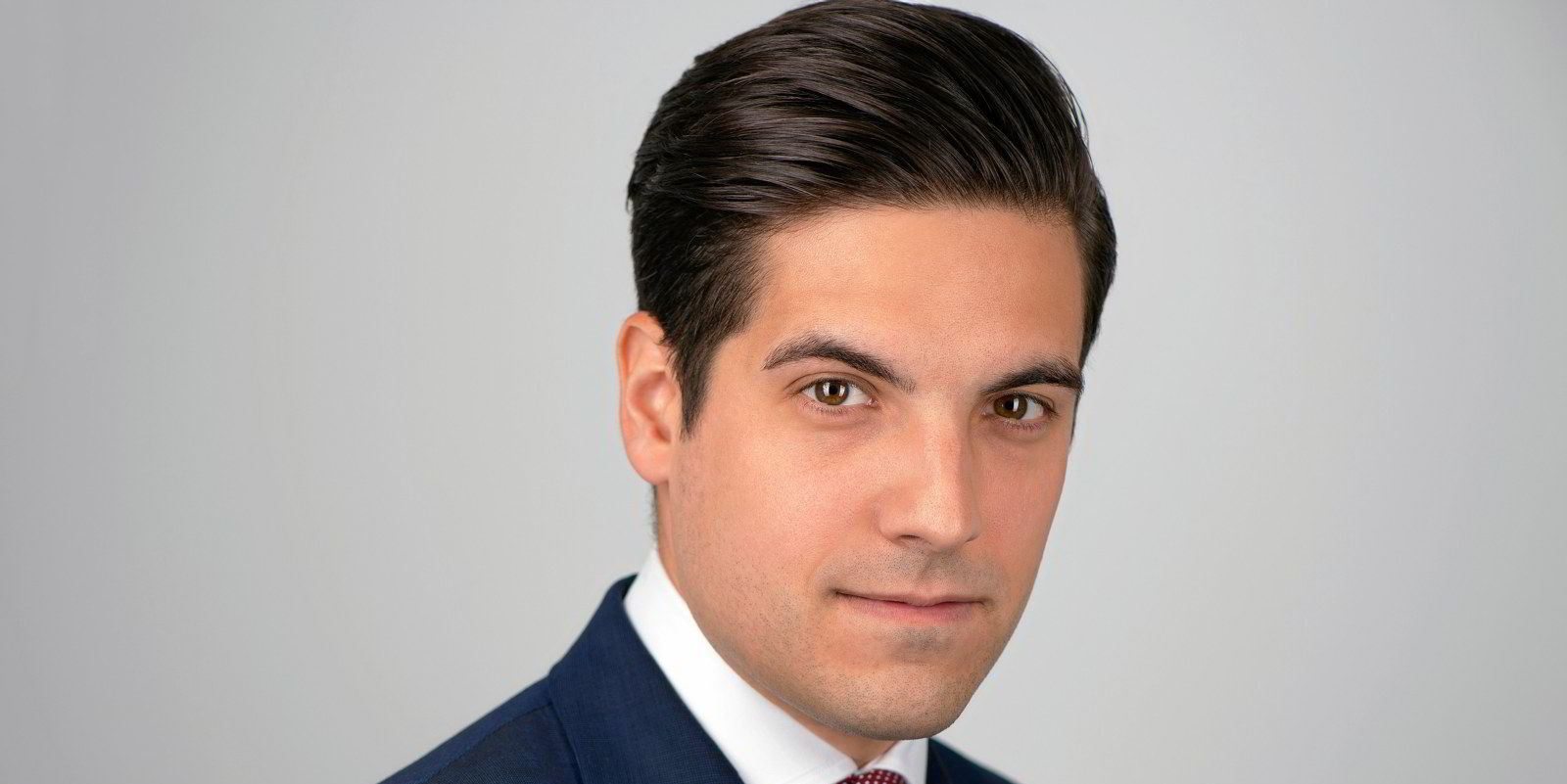Protection and indemnity insurer Steamship Mutual has got the annual round of general increase announcements off to a positive start.
It will only be looking for a 5% general increase from shipowner members at next February’s renewal, down from 7.5% last year.
It seems a small decrease but at least things are heading in the right direction.
It is certainly a welcome development after P&I club finances took an almighty battering from a combination of three exceptional claims years, the Covid-19 pandemic and, most recently, a rocky investment market.
With clubs generally benefiting from lower claims and higher premium levels, it is likely that other mutuals will follow. Rate rises should be significantly lower than last year.
Certainly, brokers think next year’s rate increases will land somewhere between 5% and 7%, with perhaps only the poorer-performing smaller clubs forced to seek higher premium increases.
From then on, rate rises are expected to decline even further.
In an even more encouraging sign, Steamship Mutual said it was confident enough in its financial position to offer its members a capital redistribution amounting to 7.5% of annual premium.
Brokers suggest three other International Group of P&I Clubs members — Shipowners’ Club, Gard and Britannia — could join Steamship Mutual and offer a capital return to members.
A clear wealth divide seems to be growing within the International Group.
The larger mutuals that have managed their reserves well can keep a cap on rates and return cash to members.
Then there are the midsize and smaller clubs that are trying to catch up.
And the newly merged NorthStandard is adding to the increasing consolidation of tonnage among the group’s larger clubs.
There is a strong argument that the International Group should have a diverse range of P&I club members to meet the wide variety of shipowners.
But that spread currently ranges from the mega-clubs with $1bn in free reserves to the smallest with just $50m.
The question for the International Group will be whether it will be able to sustain its current claims pooling and reinsurance structure if that spread continues to widen.

On the subject of capital redistribution to members, the offer is often made under the condition of renewal.
The idea is to reward loyalty, which seems fair enough for mutual organisations.
But some have argued that such a renewal condition goes against the principle of mutuality.
If shipowners contributed to the financial well-being of their club by paying out more in premium than they claimed, why should they be denied the rewards just because they choose to take their business elsewhere?
Making the call
After all, shipowners must pay a release call when they decide to leave a club, so why shouldn’t they also be entitled to any cash windfall that comes due?
But the reality of it is, on average, very few shipowners — less than 10% — actually leave their club when the annual renewal comes around.
So for almost all P&I club members, the renewal condition is never a consideration.
If a club is performing well enough that it can afford to return cash to members, it is even less likely that members will leave.
And, although shipowners have to pay release calls when they quit, they are not bound to pay any supplementary calls for any deterioration in prior claims years that may crop up in the future.





